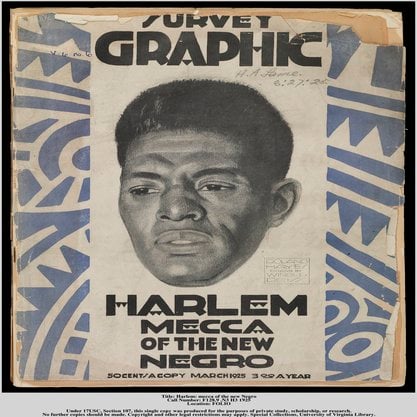Article
Fitzgerald, F. Scott (1896–1940) By Templeton, Erin
Article
Francis Scott Key Fitzgerald was an American novelist, short-story writer, and cultural critic. Best-known for his 1925 novel The Great Gatsby, he coined the term “The Jazz Age” to refer to the riotous lifestyle of alcohol and excess that characterized the zeitgeist of the United States during the Roaring Twenties.
Born in Saint Paul, Minnesota, Fitzgerald was named after a well-known distant relative, Francis Scott Key, author of “The Star Spangled Banner.” He attended but did not graduate from Princeton University, where he was a member of the Princeton Triangle club—a theater group dedicated to musical-comedy—and where he wrote for the literary magazine as well as the campus paper. During his time at Princeton Fitzgerald began work on what would eventually become his first novel, This Side of Paradise (then titled The Romantic Egoist). The energy devoted to such extracurricular activities took its toll on Fitzgerald’s coursework, and he dropped out of the university in 1917 to enlist in the United States Army. Fitzgerald was stationed in Alabama at Camp Sheridan but did not see combat in World War I. He was in New York awaiting deployment when the armistice was signed in 1918.


